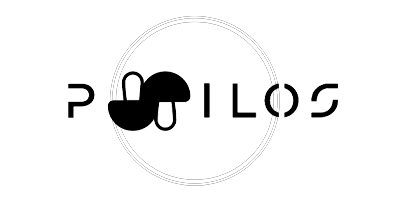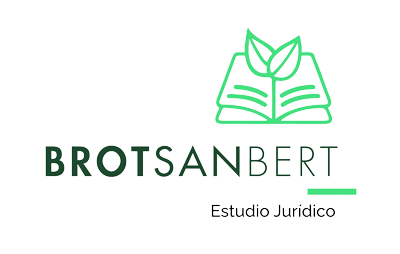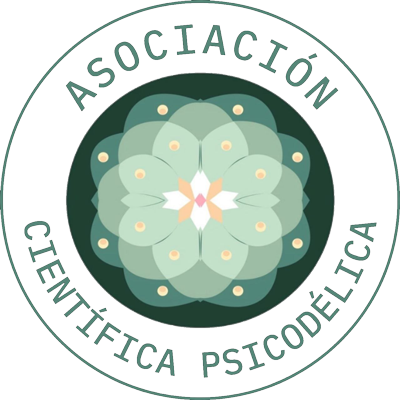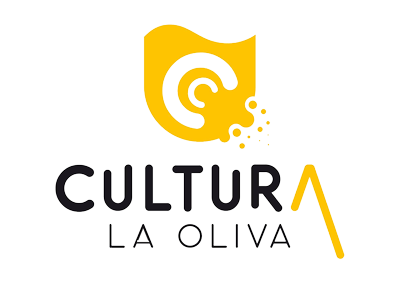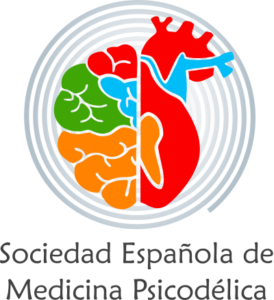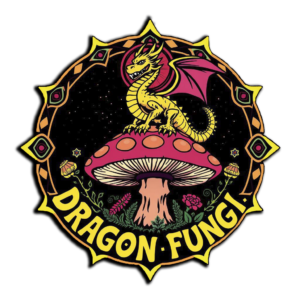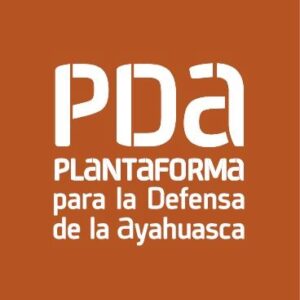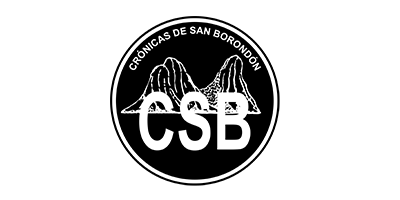2024 was expected to be the year of the consolidation of the “psychedelic renaissance.” However, the FDA, the drug regulatory agency in the US, has rejected the approval of MDMA as a treatment for post-traumatic stress. José Carlos Bouso, scientific director of ICEERS and speaker at Fuertedélica, analyzes in this interview the causes behind this unexpected decision and its possible consequences.
Why do you think the FDA has not authorized MDMA as a medication?
The FDA’s decision has been a major setback, completely unexpected and triggered by a series of actors who have entered the scene at the last moment, leading the US regulatory agency to take a step back. This has strengthened the voices opposing the regulation of psychedelics.
What forces are you referring to?
Curiously, from my point of view, the FDA’s failure has been caused by a kind of internal sabotage. This resistance has been latent for some time. Some groups within the psychedelic community do not approve of MAPS’ funding methods, which have sometimes resorted to controversial donors, some of them related to the American right. This more radical sector within the community has always viewed any hint of commercialization or capitalism in the psychedelic world with suspicion. These critical voices, although present in the psychedelic community, were previously more marginal outside, but began to gain more relevance, in my opinion, especially after the MAPS conference in Denver in 2023. There, Rick Doblin was accused of looking like a “televangelist” simply for wearing white at the inauguration. Although I know Rick, and I’m sure he didn’t intend that, those criticisms sparked a chain reaction and jumped outside the community.
Tabla de Contenido
ToggleRick Doblin’s white suit
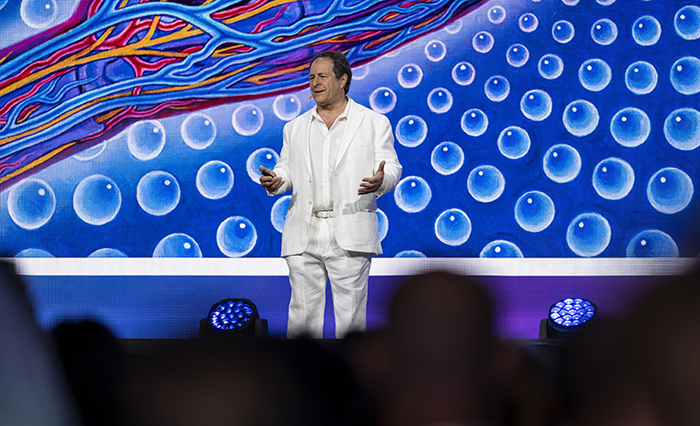
Does it really all start with a white suit?
It sounds absurd, but that’s how it is. The irony is that many of these critics, who present themselves as anti-system and defenders of firm and uplifting convictions, ended up judging a person by their appearance, by the way they dress. This episode was fueling a climate of distrust towards MAPS, and there were those who went so far as to publish articles about MAPS relating their practices to semi-sectarian practices. All of this, as I say, went outside the community (if such a community exists). All of this ended up generating a climate of opinion against the entity, which inevitably also reaches the FDA.
In the midst of this strange climate, as I say, generated from within, an allied foundation ICER (not to be confused with ICEERS) publishes a very critical report on MDMA therapy, which led the FDA to convene a committee of independent experts. The committee, composed of professionals not specialized in psychedelics, concluded that MDMA did not meet the safety and efficacy requirements. This is a surreal opinion because they evaluate safety based on recreational use and not on the results of clinical trials. Furthermore, the efficacy of the treatment is questioned because, according to the FDA, “the studies are not well shielded” and “patients recognized the placebo” after receiving MDMA during the double-blind study.
However, the efficacy studies of MDMA therapy were backed by rigorous scientific articles.
Indeed, the phase 3 trials had been published in prestigious journals, such as Nature Medicine. It’s difficult to understand how these studies, which passed rigorous scientific publication criteria, were not enough for the FDA. There can’t be such a large dissonance between science and drug regulatory agencies. Something is failing here and, unfortunately, the bad reputation that precedes the FDA when it comes to authorizing drugs of dubious safety and efficacy makes one suspect that the decision was not based on evidence, but on political but above all ideological and moral pressures. It still weighs heavily that MDMA is such a popular recreational drug. That’s why it has come in handy for the FDA that there are critical voices within the movement against MAPS to ensure that, after all, its decision would not be so controversial.
Do you think there’s a double standard on the part of regulatory agencies?
If we review the treatments approved by the FDA or the European Medicines Agency, we find drugs that present much greater risks than MDMA, some that can even trigger suicidal and/or violent behaviors. If we put on a scale the side effects and safety for some medications that are taken for life with those of MDMA, which is going to be administered three times… Well, I think it’s a bad joke.
The esketamine’s example
Was the approval of ketamine as a medication so complicated?
Esketamine was approved in 2019 for the treatment of depression. We’re talking about a full-fledged hallucinogen and, nevertheless, there was no problem. The difference is that esketamine (Spravato) came from Johnson&Johnson, a giant multinational, and MDMA came from MAPS, which has now transformed into Lykos Therapeutics.
How have MAPS and Lykos reacted to the FDA rejection?
The reaction was quick: they restructured their staff, laying off 75% of the personnel, and hired Michele Mullette, the key person in the approval of esketamine and also in the Moderna vaccine. Additionally, Rick Doblin disassociated himself from Lykos. The result is a self-fulfilling prophecy: all these critics of capitalism have managed with their pressure that, indeed, MDMA has been left in the hands of a purely commercial, biomedical, and capitalist system such as Lykos, with no one from MAPS left in the company. The situation has not ceased to be paradoxical and complex, and for me it is another episode in the interesting and crazy history of psychedelia. This already deserves its own chapter in the history of psychedelics. The anti-capitalists leave MDMA all by themselves in the hands of a purely capitalist system. It’s crazy. And the honorable defenders of the safety that should be demanded of a psychedelic help to leave that psychedelic in the hands of those who can least guarantee safety, which is a company with purely and strictly commercial purposes. I repeat, it’s crazy.
Friendly fire from the ‘experts’
Criticism against MAPS procedures intensifies after the FDA decision.
Another thing that has fascinated me is the number of “experts” who have been coming out saying that MAPS has done it wrong, that the FDA is right, that things need to be done better, when the FDA hasn’t even made public the reasons why it has rejected the drug. Meanwhile, the journal Psychopharmacology has withdrawn some of MAPS’ papers due to ethical issues… Psychopharmacology is the journal that in 2006 published what many consider the beginning of the psychedelic renaissance with the John Hopkins studies and the mystical experience, preceded by 6 editorials to highlight its importance when that same year Dr. Jordi Riba publishes in that same journal a neuroimaging study with ayahuasca in humans, something much more revolutionary, going unnoticed. It’s an example of how science policies work. The journal has ended up being a kind of scientific sieve in which anyone who wanted could publish anything about psychedelics without much rigor in editorial decisions. It’s a journal that has generated a lot of noise and little signal and intends to rectify precisely with MAPS.
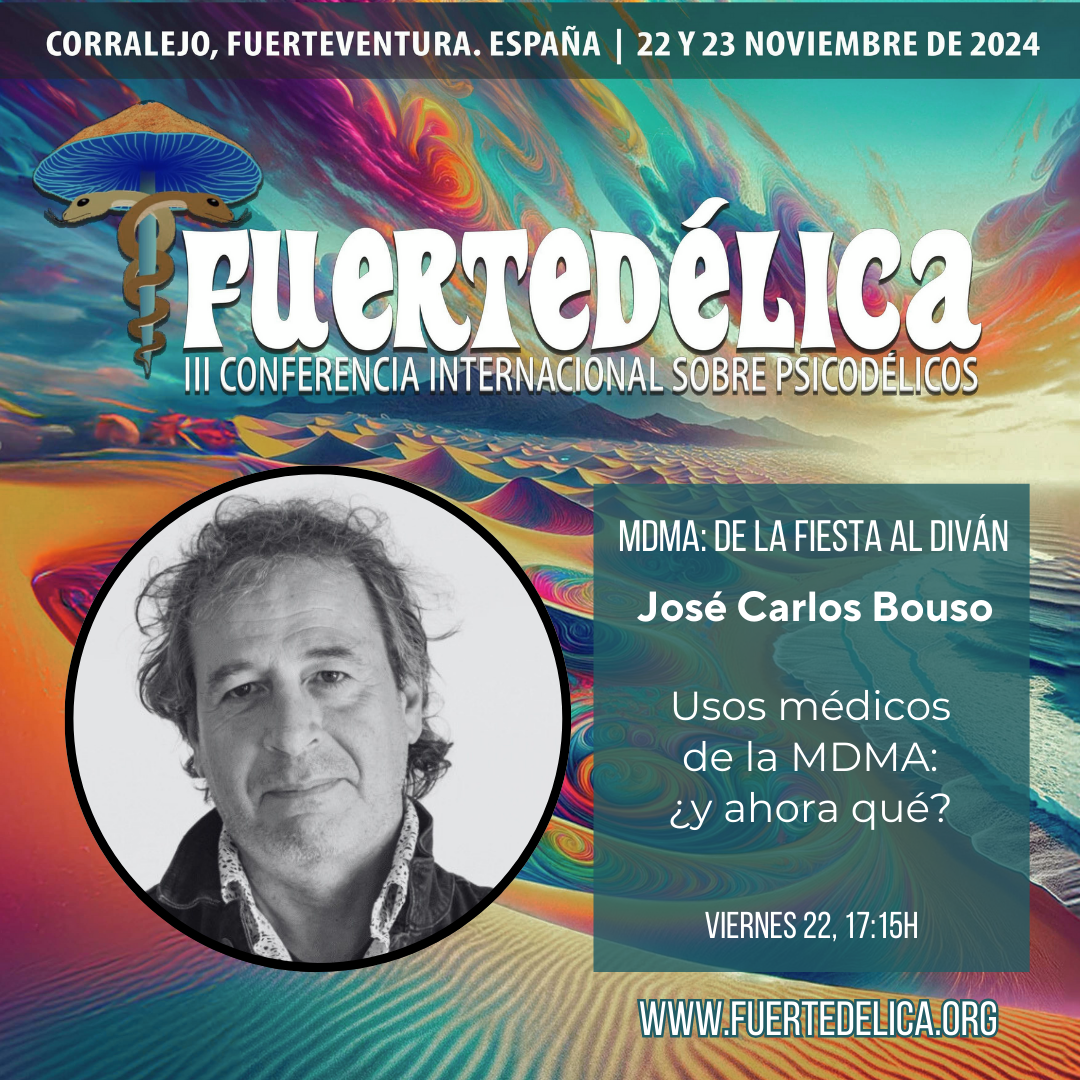
Paraphrasing the title of your talk at Fuertedélica, what now? What’s going to happen with all this psychedelic renaissance that has been built on this hypothetical authorization?
The title I put was intentionally ambiguous. Although an 80% probability of approval by the FDA was expected, there was always a margin of uncertainty. It should be noted that in 2017 the FDA considered MDMA a breakthrough therapy. The FDA’s decision, although unexpected, does not put an end to the psychedelic renaissance. Countries like Australia are already using MDMA, and others, like the Netherlands, are considering its regulation. The FDA’s decision is not definitive for the future of MDMA, but it will require political will to move forward.
Do you think this will boost underground therapists?
Indeed, this is doing a huge favor to underground therapy, because people are not going to settle for the FDA not letting psychiatrists use MDMA. MDMA was there even before the FDA existed and will probably survive it. In fact, underground therapy is much cheaper. In Australia, an MDMA treatment is costing $25,000, because pharmaceutical MDMA is being sold at $4,000 per gram, when producing it costs 1 euro per gram, at the high end. These decisions, which are more political than scientific, only result in strengthening the underground. Is the news good or bad? In reality, the real world doesn’t care about this news.
Will we see MDMA authorized for the treatment of PTSD in the near future?
Without a doubt, it’s a matter of time and money. The only thing needed to authorize a psychotropic drug today is money. Lykos will surely design a clinical trial that satisfies the FDA, the former critics of MAPS will no longer attack Lykos because Lykos already belongs to another order of reality and, in any case, the damage that these criticisms can do will be superfluous. Has any of these critics criticized Johnson&Johnson? This will also be addressed in the ketamine panel. A dose of Spravato, which is the esketamine-based drug, costs about 300 euros when esketamine is even cheaper to produce than MDMA, that is, ridiculous. Moreover, for the Spravato project, the psychological effect, which is what we defend as the sought-after and therapeutic effect, for them is an adverse effect. As I say, the strong industry is impermeable to the outside world. There are cases, such as some antidepressants and some pharmaceutical companies that only after complicated trials have ended up compensating patients or modifying the leaflets warning of risks they had hidden. Rest assured, once MDMA is in the hands of a professional pharmaceutical company, as is the case, it’s just a matter of obtaining approval in a couple of years or three.
A final question: Why do you think we shouldn’t miss Fuertedélica this coming November?
I think this situation is even more stimulating, because it presents us with new challenges, and new challenges have to incentivize creativity. At Fuertedélica, we’re not only going to talk about MDMA as a medication, but from other perspectives, about cultural and social aspects, as well as other substances, such as ketamine, iboga, or ayahuasca.
What I like most about Fuertedélica is that it decentralizes and takes conferences on psychedelics out of big cities, like London, Amsterdam, or Barcelona. Being able to be with people in such an idyllic place as Fuerteventura, with its beaches and its climate in November and such, well, it’s the ideal plus. As if that weren’t enough, going to Fuerteventura is much cheaper for you, both the flight and the accommodation, than going to Berlin or London or Amsterdam, to name a few cities where conferences on psychedelics are regularly held. In three or four hours you’re in Fuerteventura for a ridiculous price, both in accommodation and food or tickets (50 euros, two days). There’s no excuse to miss this edition of Fuertedélica.
Do you already have your ticket for Fuertedélica? Get it at this link.




